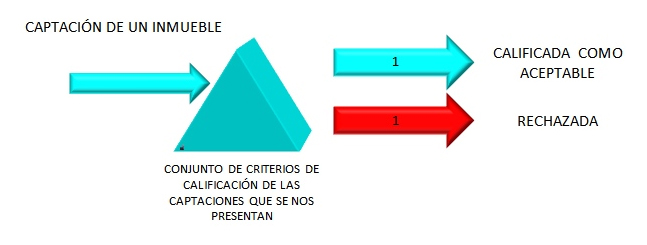This is the Spanish salary compared to the European

The average salary in Spain is still far from the average salary in Europe, but our country is in an intermediate position.
Even if spoken of economic recovery, the salary in Spain only increased two tenths in 2017, having increased in Europe by 3.3%.
According to the VI Annual Monitor Adecco sobre Salarios, a Spanish worker earned an average of 1639 gross euros per month last year, compared to the 2,000 euros given in the average of the 28 countries of the European Union (that is, a Spanish worker earned 361 euros less than a European one).
However, even seeing these figures, Spain continues to be in an intermediate position within neighboring countries. Below, are the countries of the East, Portugal and Greece and above the Nordic countries and the four great economic powers.
Three groups of countries according to the average salary
According to the average salary, European countries are divided into three groups:
First: the nine countries with an average remuneration of more than 2,500 euros per month :
Austria (2,504 euros).
Belgium (2,608 euros).
Sweden (2,710 euros).
Germany (2,719 euros).
Finland (2,724 euros).
The Netherlands (2,729 euros).
Ireland (2,790 euros).
Luxembourg (3,228 euros) ).
Denmark (3,807 euros).
These last two, surpassing the 3,000 barrier, with the highest salaries.
Second : The nine countries with an average remuneration of less than 2,500 euros :
Portugal (1,017 euros).
Greece (1,023 euros).
Slovenia (1,190 euros).
Malta (1,265 euros).
Cyprus (1,291 euros).
Spain, (1,639 euros) .
Italy (2,033 euros).
France (2,356 euros) ).
United Kingdom (2,381 euros).
Third: The 10 countries with an average salary of less than 1,000 euros :
Bulgaria (407 euros).
Romania (563 euros).
Lithuania (566 euros).
Latvia (619 euros).
Hungary (686 euros).
Poland (768 euros).
Croatia (824 euros).
Slovakia (845 euros).
p>
Czech Republic (882 euros).
Estonia (942 euros).
All of these belong to Eastern Europe.
How can we observe in the last two groups, there are important differences between the countries that compose it, for example the difference between Bulgaria and Estonia or Portugal and Cyprus. Bulgaria is the only country whose average salary is less than 500 euros.
The unions and workers are asking for higher wages in Spain, since they understand that the increase in inflation means that the purchasing power is increasingly less. However, some experts agree that in order to carry out such a rise, the productivity of companies should grow.
Source of the image.



